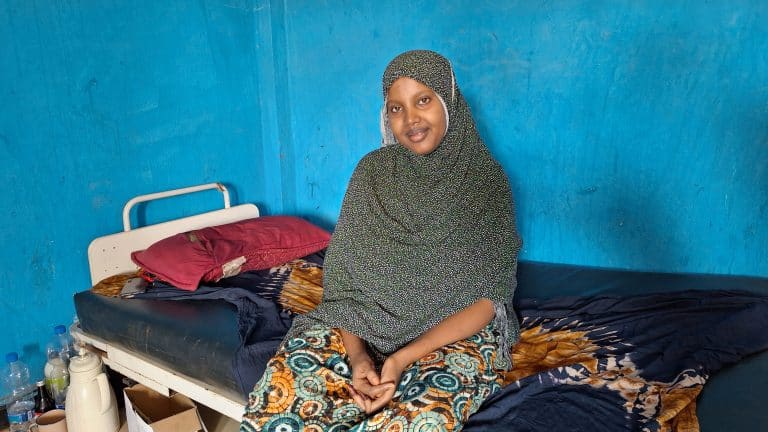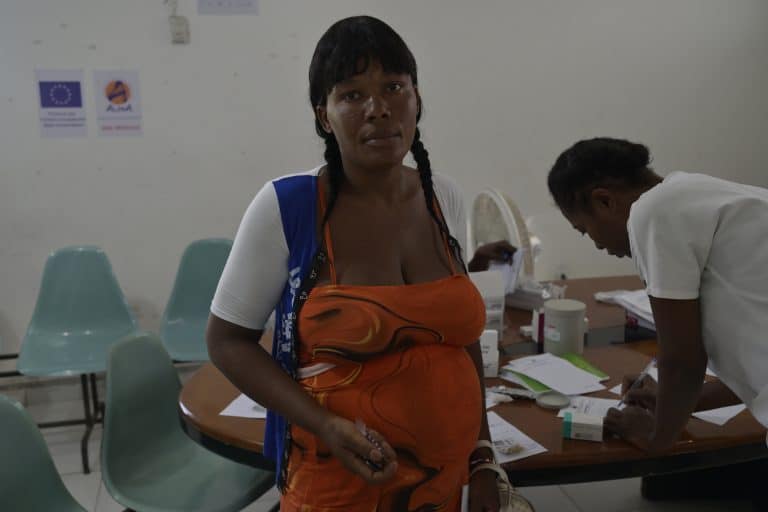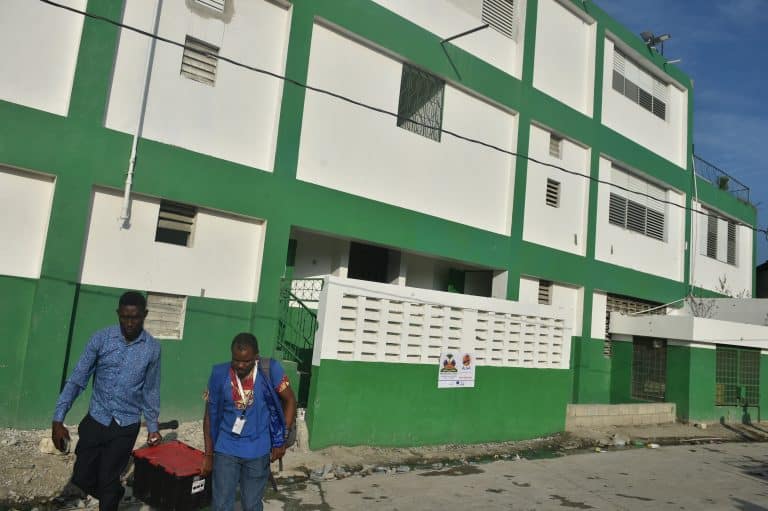Through the “Breath for All” project, ALIMA and its partners, Electriciens sans Frontières (ESF) and Build Health International (BHI), are working closely with the Ministries of Health in Mali, Guinea, Sudan and Burkina Faso to propose innovative, sustainable, efficient and locally appropriate solutions to oxygen access. This project is made possible through the financial support of Unitaid.
Making oxygen access a priority to save lives
ALIMA’s goal is clear: to raise awareness and improve sustained access to medical oxygen, namely by supporting the mobilization of the Ministries of Health in Mali, Guinea, Sudan, and Burkina Faso. Before the COVID-19 pandemic, access to medical oxygen was already limited in Africa. For most countries, the provision of medical oxygen is complex and presents many challenges: maintaining durable and resilient oxygen systems is a costly process that requires hospital facilities. It furthermore requires a constant and reliable power source, ongoing maintenance and repair, and continuous transportation and logistics. Beyond these requirements, a skilled workforce and strong government involvement are a necessity.
In sub-Saharan Africa, acute respiratory infections are one of the leading causes of death, especially among vulnerable populations such as children under five. To avoid these tragedies, ALIMA’s project aims to provide solutions adapted throughout the patient’s life cycle.
Supporting health systems for improved patient care
In the large hospitals where we work, oxygen production plants that have broken down are rehabilitated thanks to BHI’s expertise, so that patients can receive swift, on-site care. In rural hospitals, access to oxygen is made sustainable and self-sufficient through the installation of solar energy with the technical support of ESF and the training of maintenance technicians. This system ensures that oxygen is available even in remote areas. Finally, the sourcing of oxygen is decentralized to mobile stations at the health center level in remote areas, so that each patient with respiratory distress can be transported with oxygen to the hospital.
Cover photo: © Julien Mutanganwa /ALIMA





